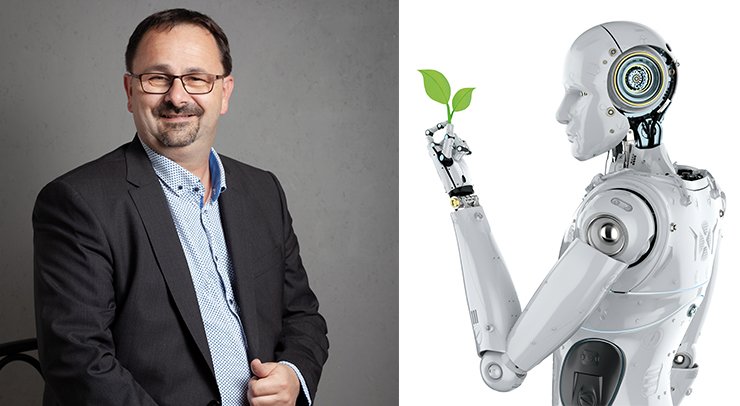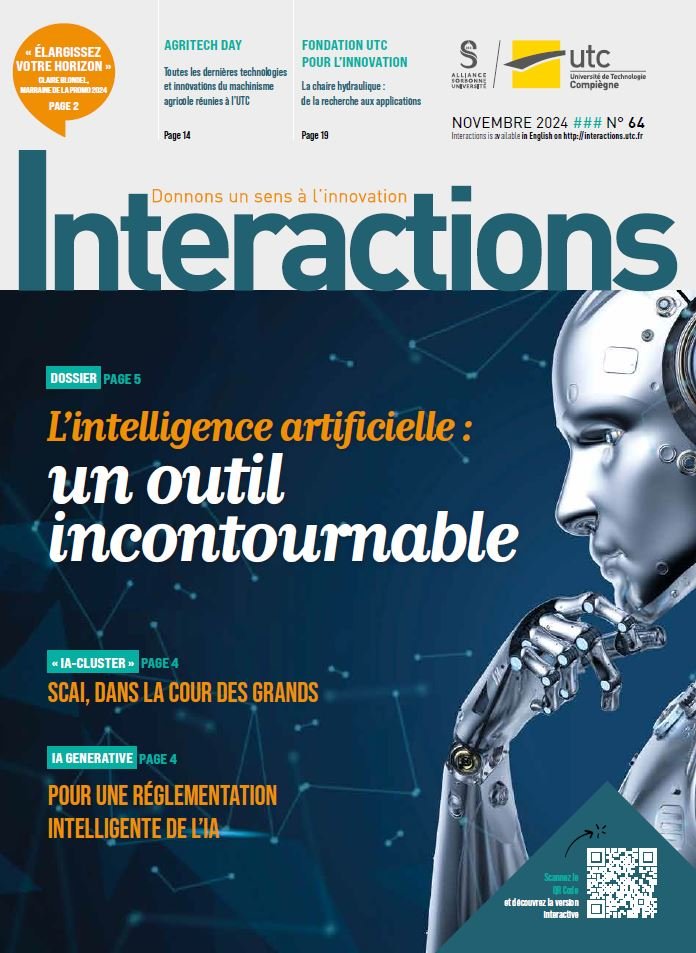An’ initiative’ devoted to control protocols ensuring the control of safe and sustainable technology-intensive systems

Jérôme Favergeon was appointed Director of the UTC-Roberval laboratory in 2015 ad is also director of an ‘Initiative’ devoted to a Master‘s degree in safe and sustainable technology-intensive systems as part of the ‘Institutes and Initiatives’ programme launched in 2019 by the Sorbonne University alliance.
The SU Alliance brings together the assets and talents of ten institutions, including UTC, the Muséum national d’histoire naturelle and INSEAD and covers all the disciplines of literature, medicine, science and engineering, technology and management. The idea behind this programme is that «given that the so-called “Labexes” (government certified “excellent laboratories”), including the UTC’s Master’s degree in Technological Systems (MS2T), are due to disappear, the Alliance has decided to set up another framework in order to promote multidisciplinary research around structuring initiatives. Our Labex will end in 2022, so we have decided, motivated by the experience we have accumulated over the last ten years, to propose the ‘a Master’s degree in Safe and Sustainable Technology-intensive Systems’,» he emphasises.
The funding for this programme comes from an annual grant via the Alliance’s Idex SUPER funds, which can be used to finance theses, post-docs, Master’s degrees and even be used to invite foreign researchers,» he explains. What is the key word of ‘Institutes and Initiatives’? «It is multidisciplinary. The Institutes were created around themes or research objects for which the Alliance was already internationally recognized, with the aim of federating the forces present, bringing disciplines closer together and achieving a certain critical mass. The Initiatives concern emerging themes on which there is little history and not necessarily a defined scientific community. They are therefore younger in terms of maturity. Thus, in the framework of the initiative that I lead, I have not predefined a precise perimeter of actors who will be working on the subject. It is “open”, in the sense that any researcher of the Alliance can take part in the research work carried out within this Initiative supported by UTC, as long as he carries a technological research project answering the challenges of the Initiative’, explains Jérôme Favergeon.
Pluridisciplinarity is not always easy to implement. «It is difficult to get researchers from different backgrounds to work together. Indeed, researchers are judged on their discipline, assessed in relation to their specialty discipline; they know how to be recognized in that area. Asking a researcher to work in an interdisciplinary way is, unfortunately, not such a natural approach. Especially as this is not the way careers are built. It is therefore a real challenge to succeed in blending disciplines together around common projects while ensuring that each specialty is involved. For our part, we try to associate at least two laboratories or even two institutions in our projects,’ he says.
It is an initiative that has given rise to various theses and post-doctoral projects. Among the themes addressed by these projects? «One of them focuses on ‘Low- Tech’. principles that advocate reorienting the design of digital technologies on innovation trajectories that take into account aspirations for a more sustainable world. The second concerns network security, which is based on very energy-intensive algorithms. Here, the idea is to find a consensus between the level of safety and energy consumption. In a word: combining security and sustainability. As for the most recent ones, they respectively concern the depollution of soils through the use of particular fungi — a natural depollution in short — and the design of antibiotics. As for post-doc work, this concerns the following projects: finding a solution to the failure of current face-masks by increasing the efficiency of the filter through an appropriate choice of composition, size and structuring of the fibres making it up; developing perception systems for autonomous vehicles that can reliably detect nearby “vulnerable” obstacles; and finally, the last one proposes to draw inspiration from the strategies of intestinal parasites to eventually create new autonomous mechatronic medical devices, capable of being attached in the intestines and delivering a regular dose of medicine there,’ concludes Jérôme Favergeon.




